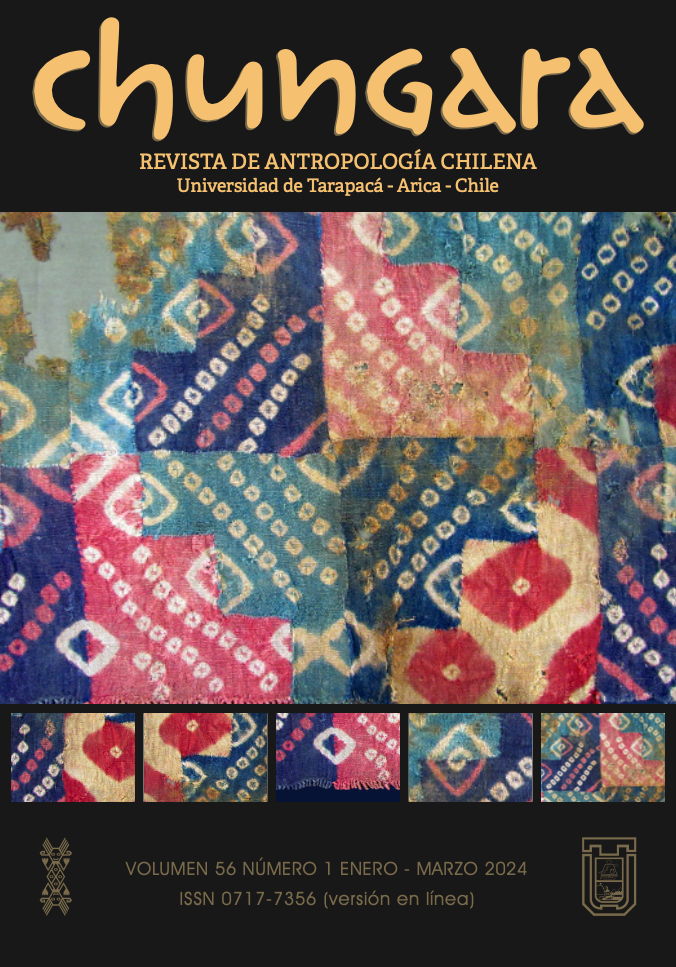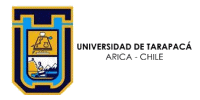Written by Super User. Posted in Papers - English
THIRD SPACES, RELIGIOSITY AND CITIZENSHIP: HAITIANS AND VENEZUELANS IN SANTIAGO DE CHILE (2018-2024)
TERCEROS ESPACIOS, RELIGIOSIDAD Y CIUDADANÍA: HAITIANOS Y VENEZOLANOS EN SANTIAGO DE CHILE (2018-2024)
Nicolás Gissi y Hedilberto Aguilar
Migrants in Santiago, originating from Latin American and Caribbean countries, whether they settled in Santiago a decade ago or have arrived recently, have revitalized their religious practices amid a national public security crisis and growing post-pandemic social tensions. Participating in both Catholic parishes and evangelical churches, Venezuelans and Haitians have turned these places into “third spaces” between home and work, individual and state, where they engage in community action within their neighborhoods. Through these gatherings, they create shared material and symbolic resources, all while aware of the rising xenophobia and racial prejudice from locals, who increasingly view migrant assemblies with suspicion. Using a qualitative approach, the study examines interactions, narratives, and practices in both peripheral and central urban churches, revealing the predominant social dynamics in contemporary Chilean society, marked by growing multiculturalism and exercise of effective citizenship in the struggle for recognition. Negative portrayals and narratives from the state and media are challenged through a more egalitarian, autonomous, and sacred framework, fostering social inclusion and enhancing local status.
Print
Email
Written by Super User. Posted in Papers - English
FRAMEWORKS OF LOVE IN THE CONSTRUCTION OF SEX-GENDER IDENTITY OF HOMOSEXUAL AND BISEXUAL YOUTH IN ARICA, CHILE
ENTRAMADOS DEL AMOR EN LA CONSTRUCCIÓN DE LA IDENTIDAD SEXOGENÉRICA DE JÓVENES HOMOSEXUALES Y BISEXUALES EN LA CIUDAD DE ARICA, CHILE
Bastián Tapia Sánchez
This article examines love as a political device that regulates desire and gender relations within the framework of late capitalism, expressed through complex cultural narratives about romantic relationships. In the Chilean context, the historical development of homosexual relationships, from legal repression to gradual visibility, highlights the interplay between love, identity, and politics. Adopting a qualitative ethnographic approach, the study explores the experiences of young homosexual and bisexual individuals in Arica, Chile, emphasizing how family, first love, and “coming out of the closet” serve as significant milestones in the construction of their sexual and gender identities. The analysis focuses on the tensions between heteronormative mandates and personal experiences, shedding light on how these dynamics shape affective and sexual trajectories.
Print
Email







